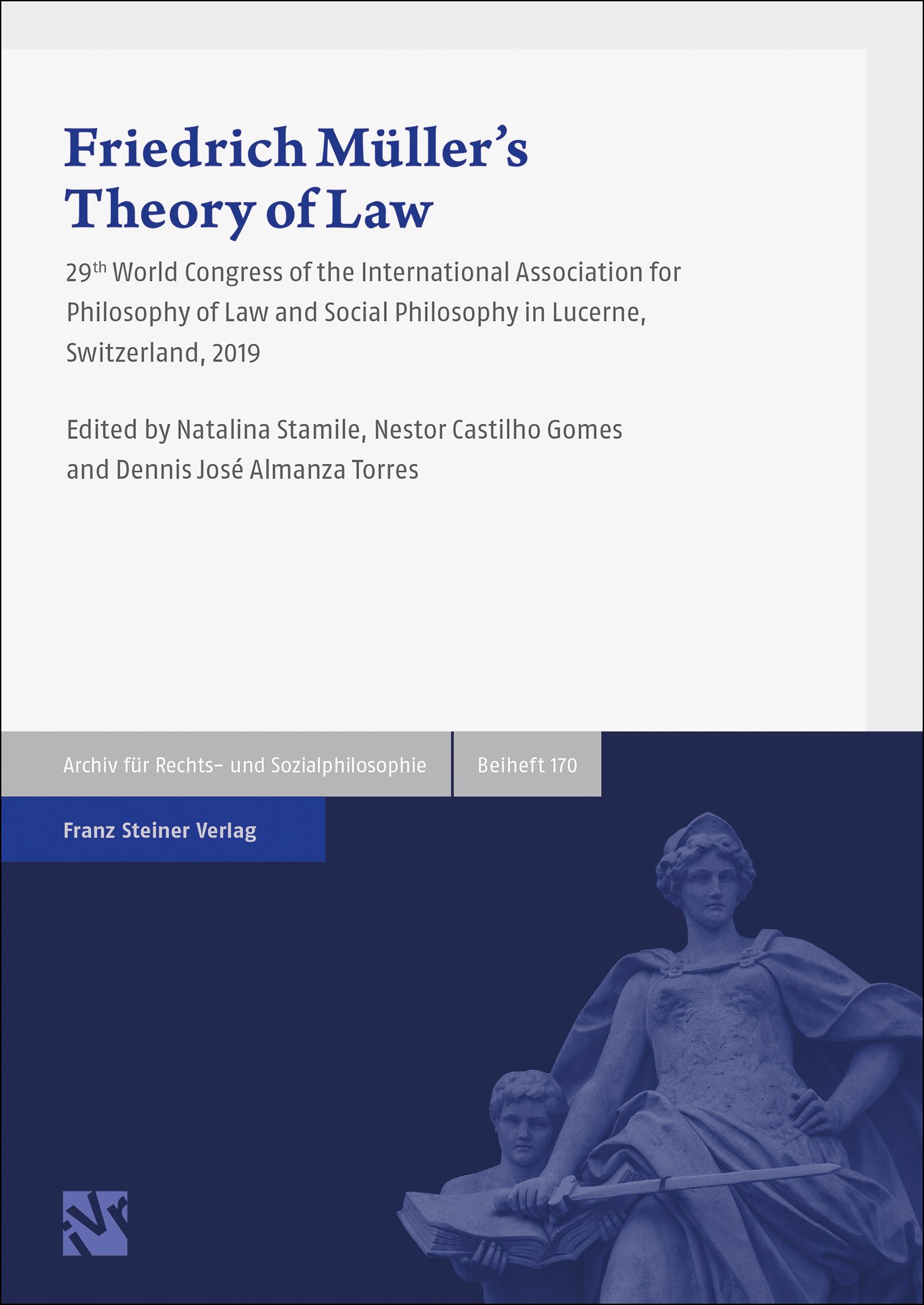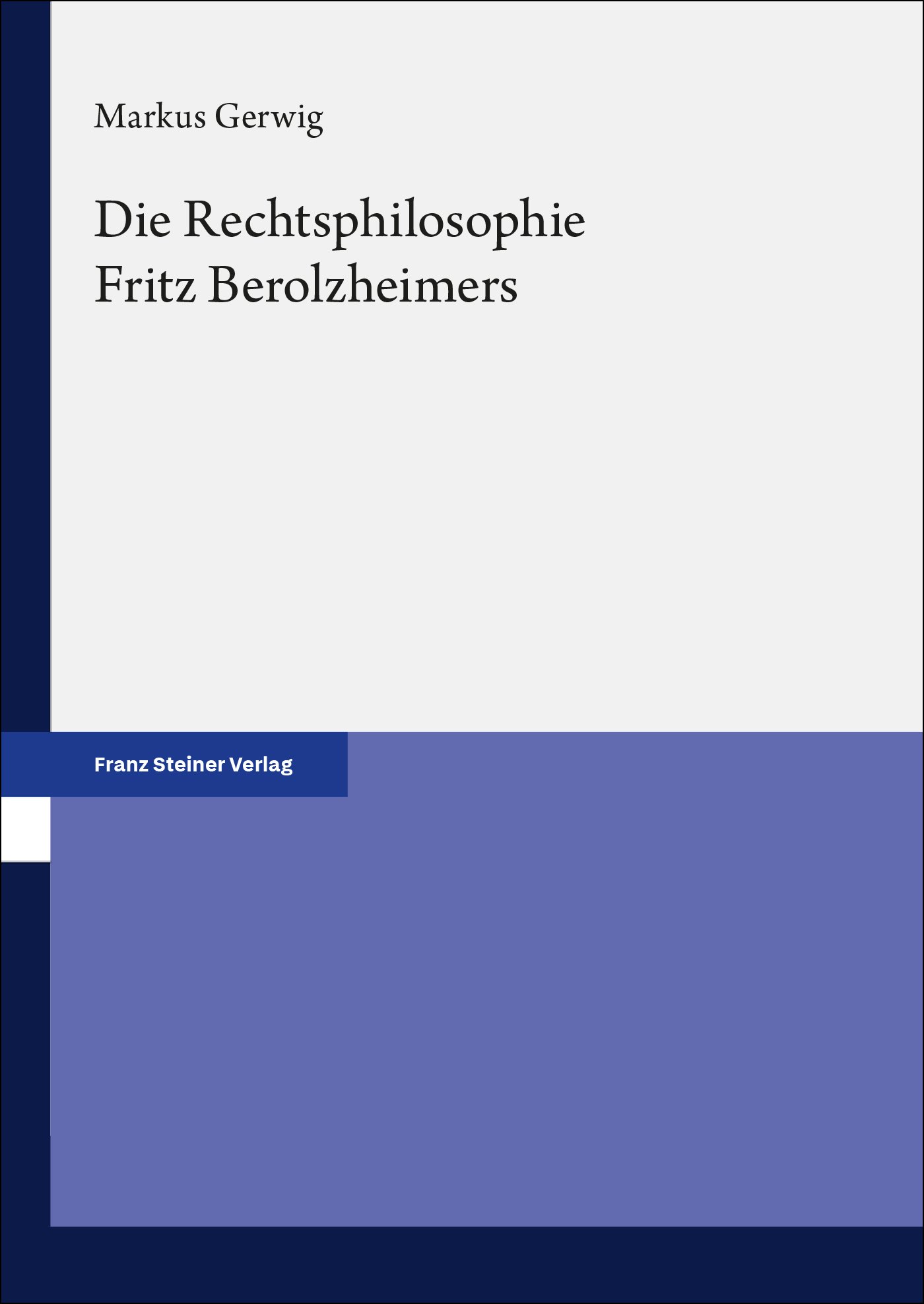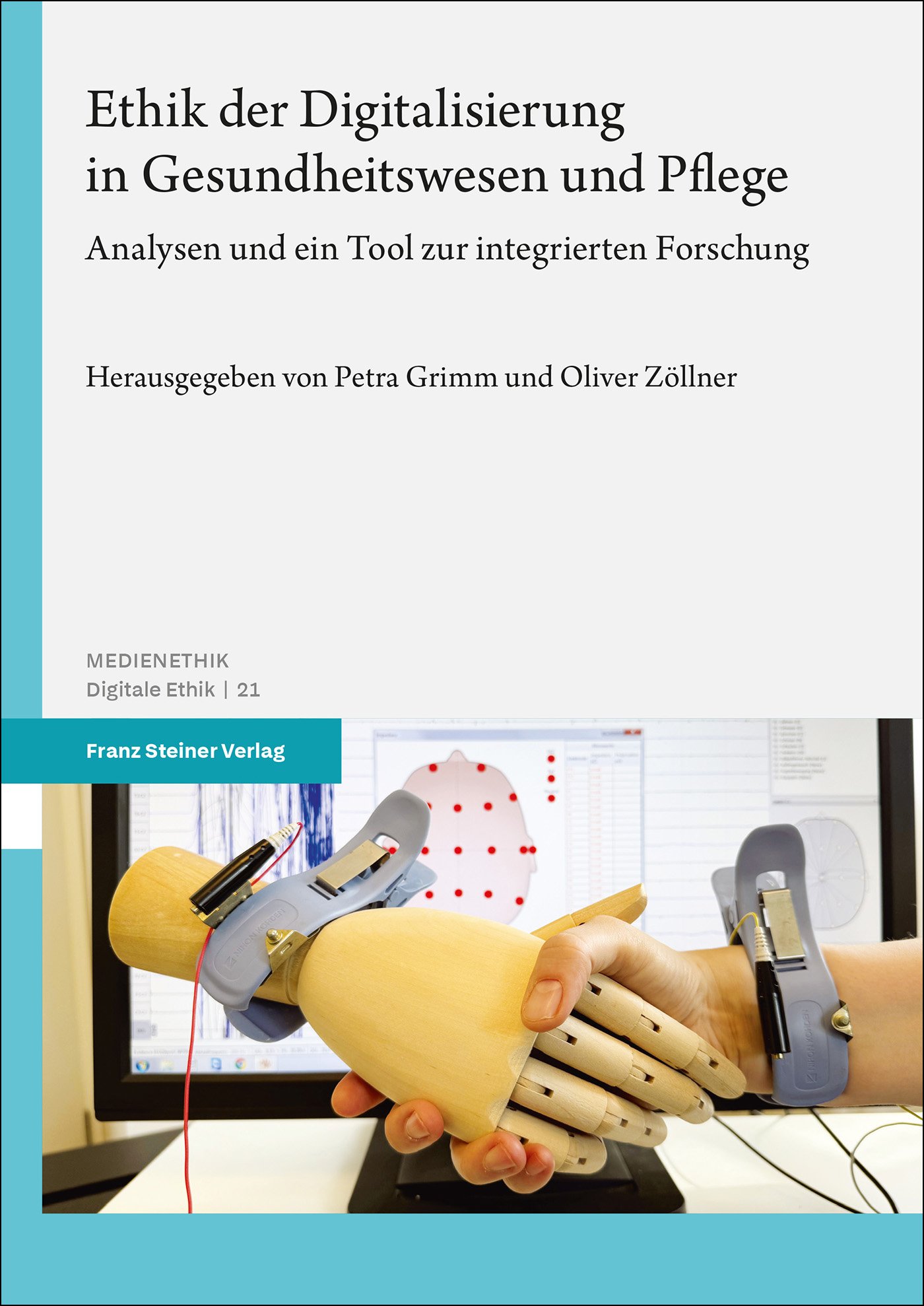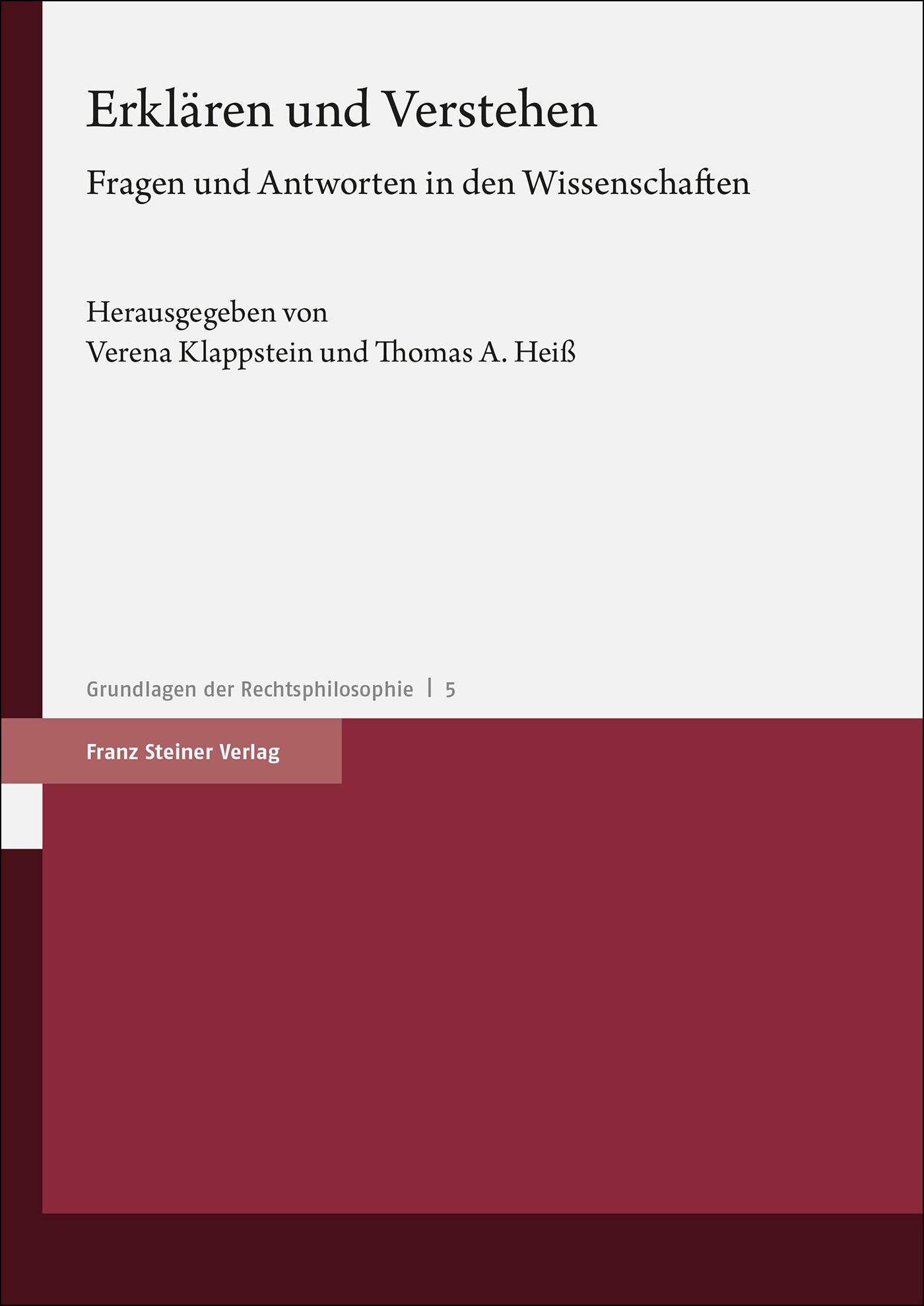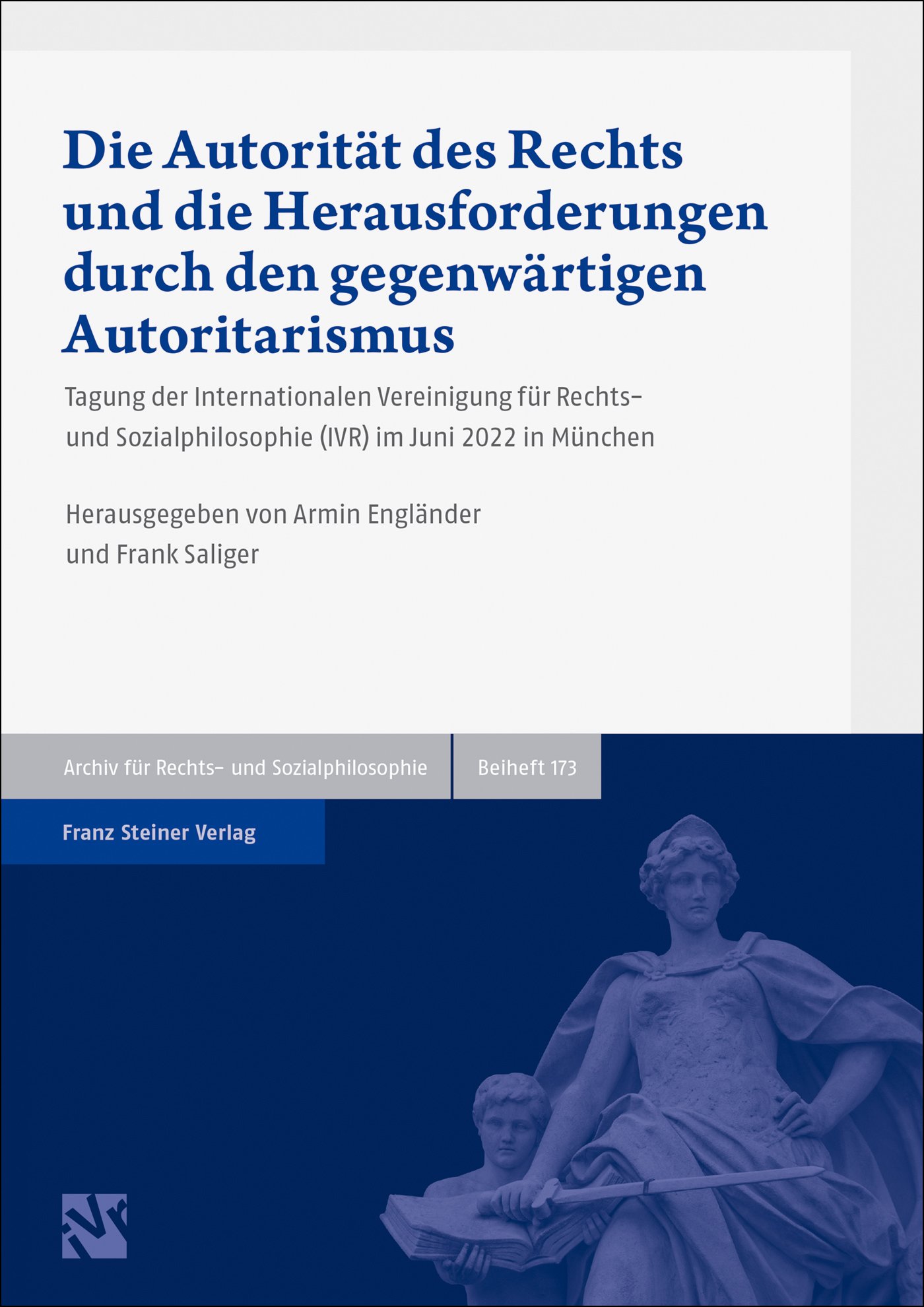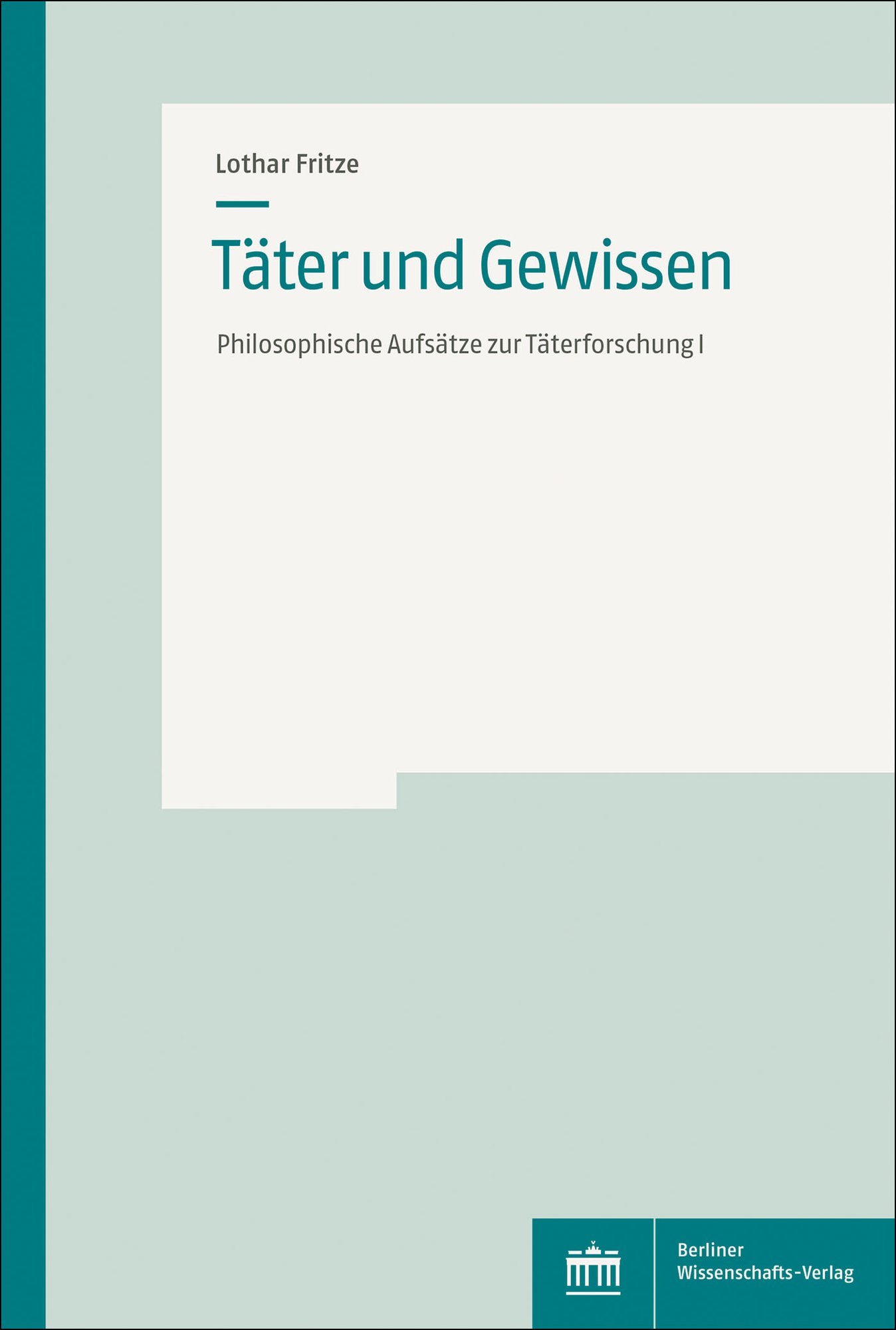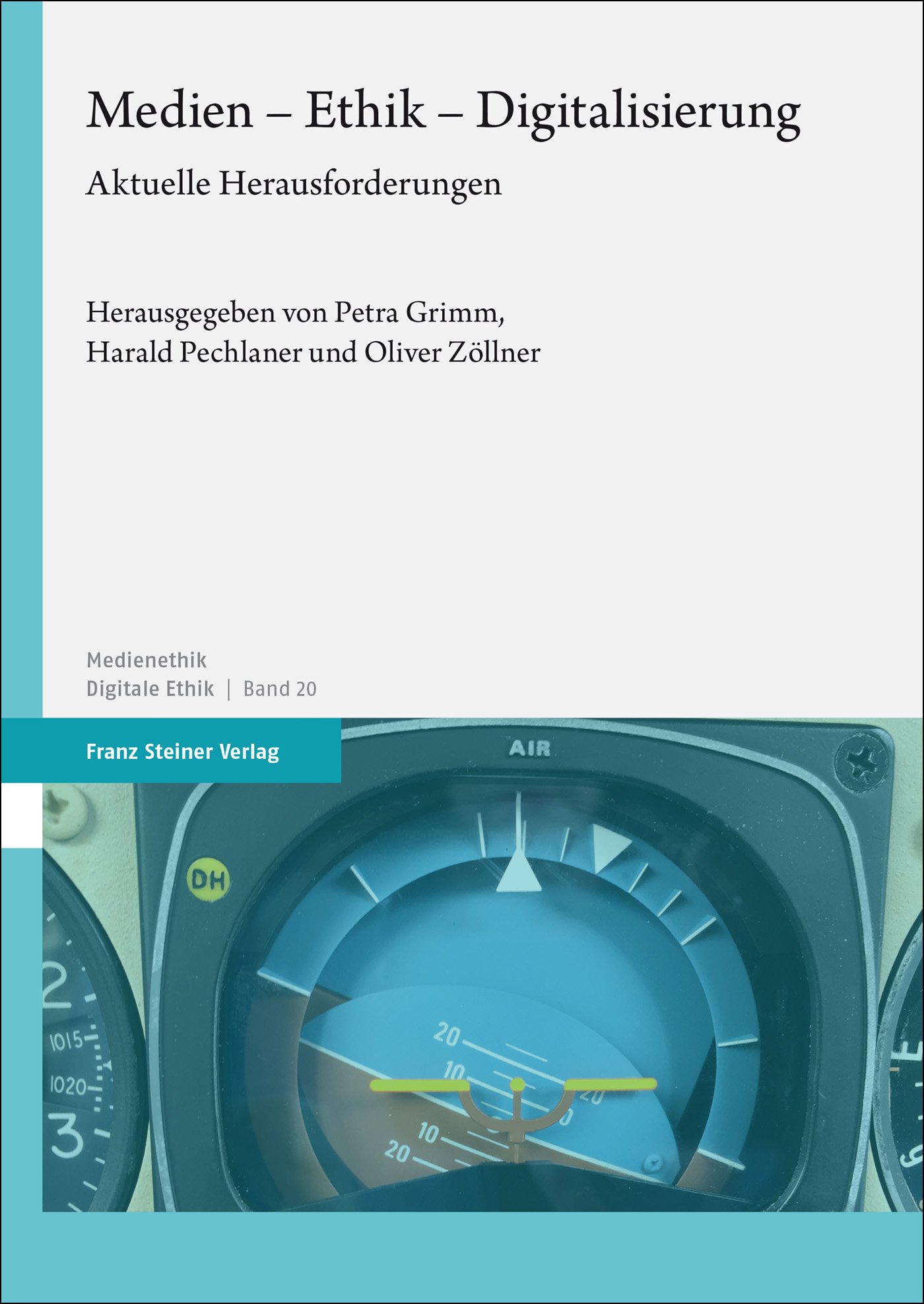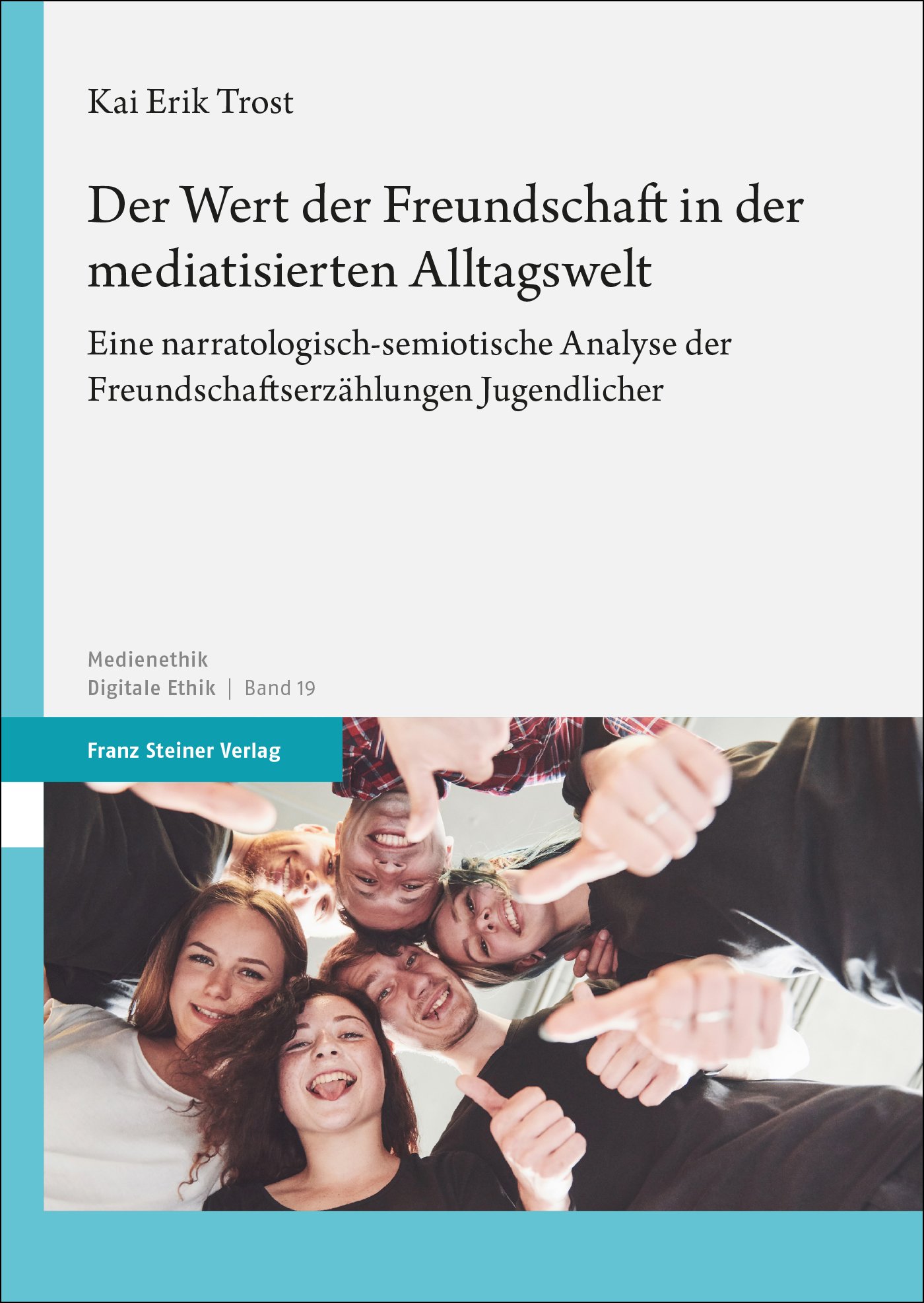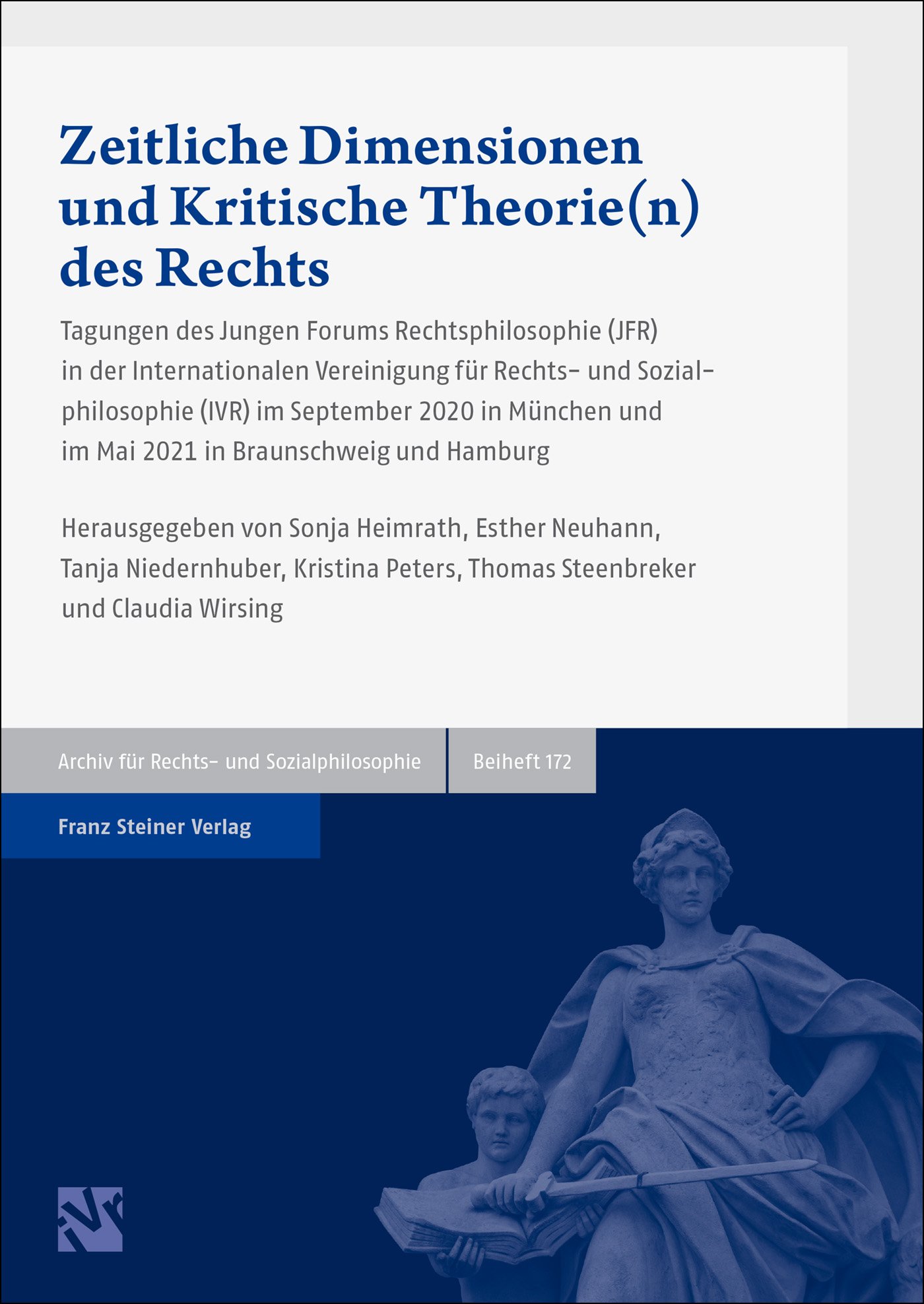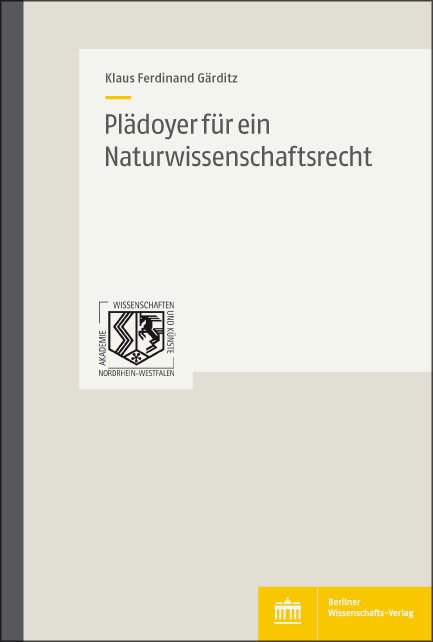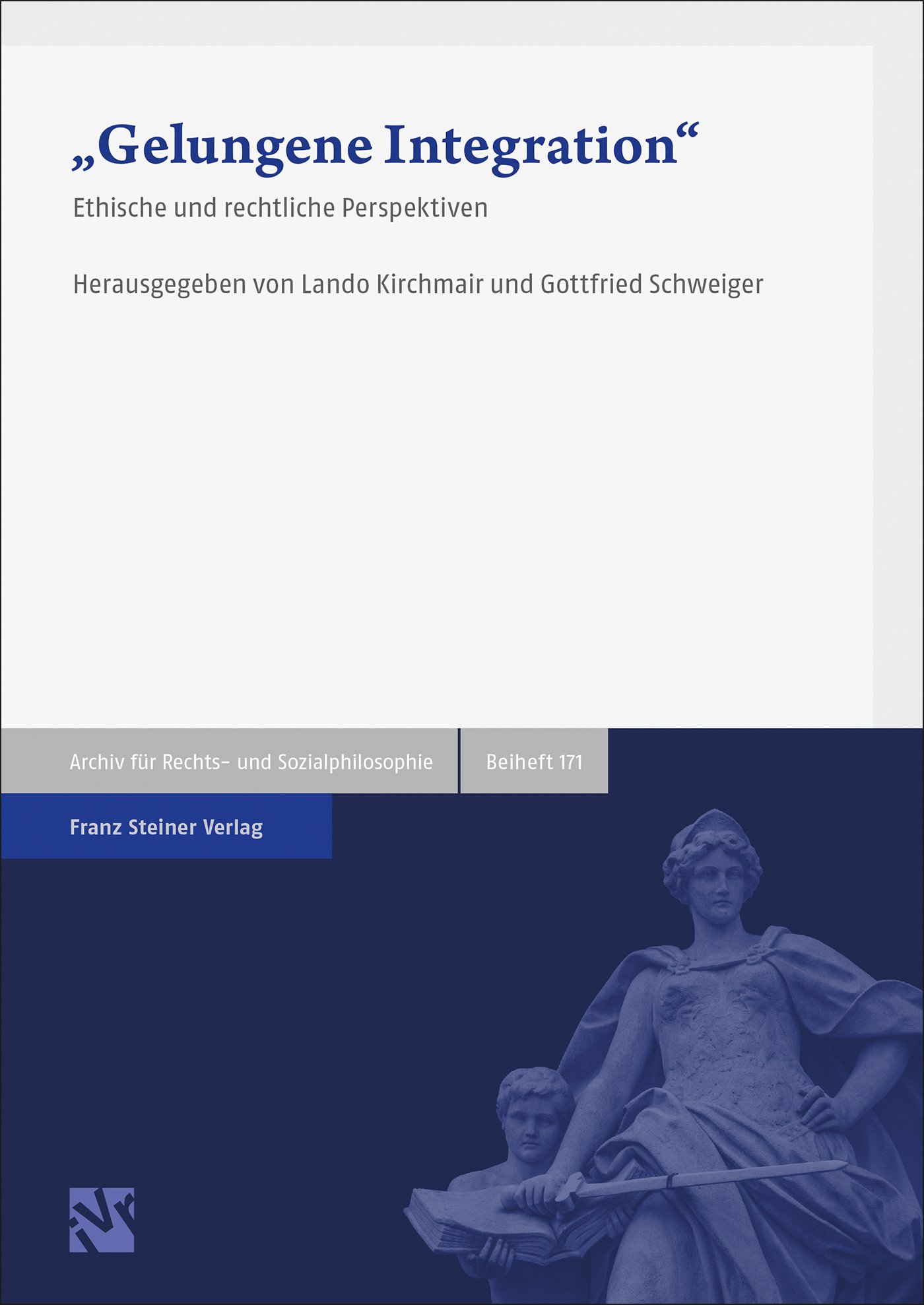Friedrich Müller's Theory of Law
Friedrich Müller's Theory of Law
Friedrich Müller is one of the most important theoretical and constitutional lawyers of the 20th century, whose works are celebrated for their originality and wide reach. Already in the 1960s, Müller noticed the interrelationship between legal dogmatics, legal methodology and the theory of norm. According to Müller, issues present in the legal doctrine originated from methodical problems, which were themselves rooted in flaws from legal norm's theory. In relation to the latter, Müller tried to develop a new theory of the legal norm, moving from the practice of law. Thus, in the early 1970s, Müller called this new paradigm "post-positivist". The main claim is that the normative text is only a preliminary form and for this it is crucial to develop methodologically the passage from the text to the norm. It is realized by the new understanding of the structure of the legal norm, based on two central components: the norm-programme and the normative domain. For this, Friedrich Müller points to some characteristics of the Structuring Legal Theory, defining it as a realistic theory, since it requires contributions from social sciences, especially through the concept of normative domain.
| Reihe | Archiv für Rechts- und Sozialphilosophie – Beihefte |
|---|---|
| Band | 170 |
| ISBN | 978-3-515-13059-2 |
| Medientyp | Buch - Gebunden |
| Auflage | 1. |
| Copyrightjahr | 2021 |
| Verlag | Franz Steiner Verlag |
| Umfang | 137 Seiten |
| Abbildungen | 5 s/w Abb. |
| Format | 17,0 x 24,0 cm |
| Sprache | Englisch |
